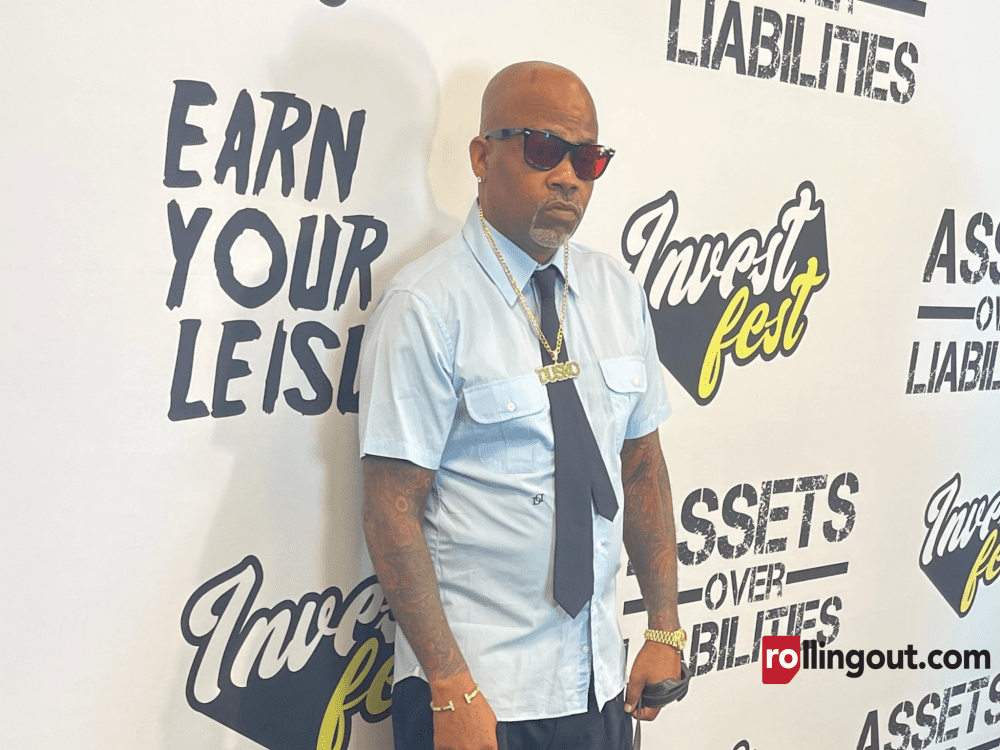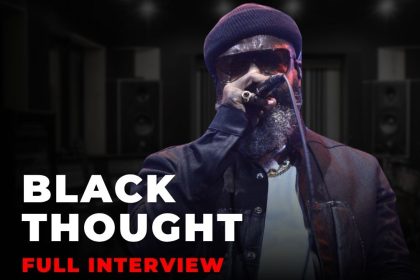 Chuck Berry. Little Richard. Fats Domino. James Brown. Ray Charles. Sam Cooke. Robert Johnson.
Chuck Berry. Little Richard. Fats Domino. James Brown. Ray Charles. Sam Cooke. Robert Johnson.
Quick — what do these people have in common? They represent the majority of the Rock and Roll Hall of Fame’s 1986 inaugural class. The class which included other ‘50s legends — Elvis Presley, Jerry Lee Lewis, the Everly Brothers and Buddy Holly — was mostly comprised of African American artists. With that first class, the Rock and Roll Hall of Fame made it clear that black music would be more than a mere footnote to the history of rock ‘n’ roll. It would be the very bedrock of the music, history and the Hall itself. Too often when one hears the term ‘rock ‘n’ roll,’ the images that come to mind are those of longhaired white guys with heavy, distorted guitars.
But rock ‘n’ roll was born out of rhythm and blues, the pulsing music being made in juke joints by African Americans throughout the South. Music historians cite the song “Rocket 88,” recorded by Jackie Brenston & His Delta Cats (also known as Ike Turner & the Kings of Rhythm) in 1952, as the first rock ‘n’ roll record. Chuck Berry was the first to bring elements of country or ‘hillbilly’ music into the rhythm and blues template. This fusion of musical genres would become the archetype of rock’s early sound. From there, the music began to splinter into new, ever-evolving genres. Ray Charles’ gospel-infused approach pointed the way toward what would later be dubbed ‘soul music,’while Presley and Holly emphasized the country connection. As the ‘60s dawned, the worlds of black and white music remained intertwined with a number of British Invasion acts showing strong influences of Motown and Stax artists, and many soul singers embracing the psychedelic elements of the rock community.
After inducting one of the most diverse Rock Hall classes in years, the Hall continues to emphasize the connection between the various genres. Instead of hollow acknowledgements, the Hall recognizes that there could be no rock without the black voices that invented, innovated and embraced the music. –todd williams










